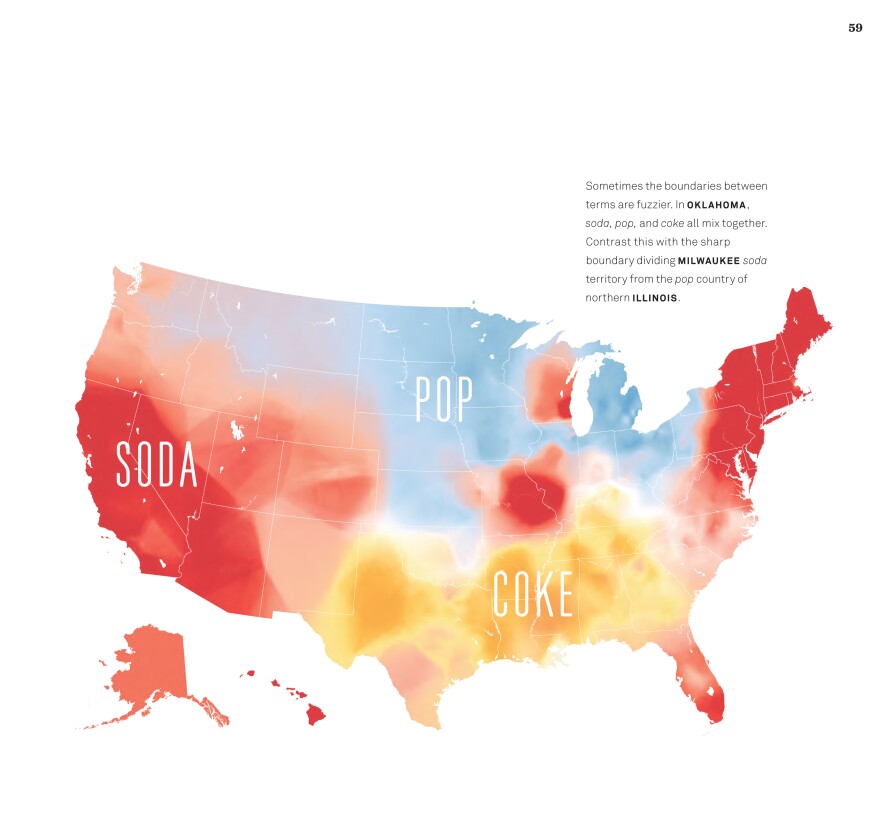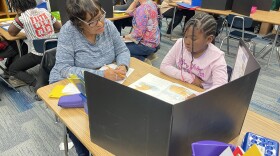If you took the New York Times's 2013 online quiz, "How Y'all, Youse, and You Guys Talk," you weren't alone. Hundreds of thousands of us took the quiz and posted the results to our social media accounts. The quiz asked some two dozen questions about how we use the English language - and, based on the results - speculated on where we call home.
Josh Katz, a Times graphics editor and the guy behind that quiz, has just turned the results into a colorful, map-intensive new book, called Speaking American: How Y'all, Youse, and You Guys Talk: A Visual Guide, that lets readers compare - for example - how they refer to a collection-of-random-household-items-for-sale to what people call the same phenomenon in other parts of the country.
It turns out that when we call it a "rummage sale," no one else has any idea what we're talking about. Most of the rest of the country uses the terms "garage sale" or "yard sale," although in parts of Connecticut, the just-as-obscure term, "tag sale" holds sway (to say nothing of New York City's "stoop sales").
For Katz's part, it was food that first got him thinking about our regional dialects. "I grew up outside Philadelphia, in south Jersey," he says. "And growing up, I always called those long sandwiches 'hoagies'. But my friends from New York all called them subs, and I just remember being fascinated by this idea - where's this line? Where do hoagies become subs?"

In the case of some terms, the line is pretty pronounced. Take, for example the divide between soda consumers and pop drinkers - the results of Katz's research draw a pretty solid line at the Wisconsin-Illinois border. (We call it 'soda,' in case you'd forgotten.)
Katz hopes the data should provide comfort to people who worry that our language is losing some of its funky regional flair. "It's really been something that people have been predicting ever since they invented the radio," he says. "They've been saying, 'Well, this will be the end of regional dialects, because people will be able to hear how people talk in other parts of the country, and everything will blend together.' And it really just hasn't happened."
Another thing that hasn't happened? Katz laments that - having moved to North Carolina for college - he was never able to credibly add the use of "y'all" to his own vernacular. "It just never really took," he says. "So I'm stuck saying 'you guys'."









